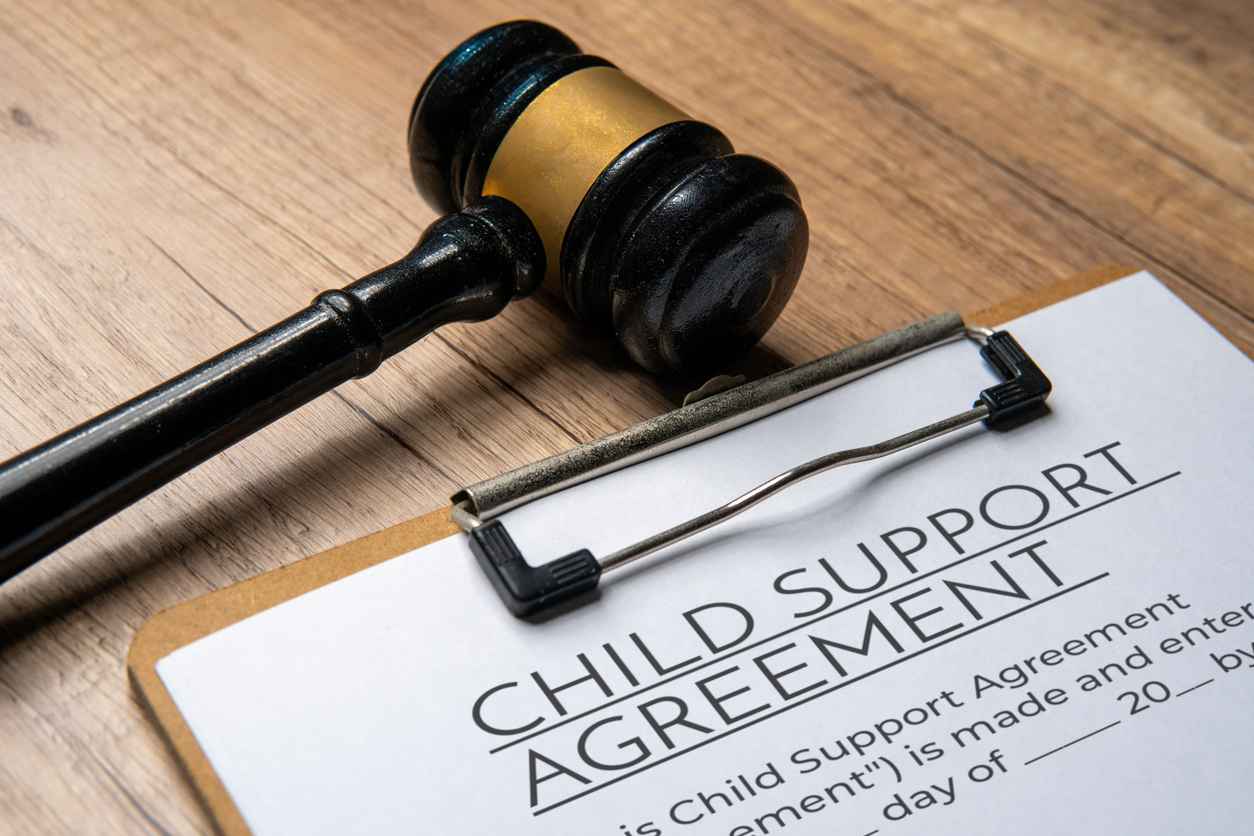100 Overlook Center, Fl. 2 Princeton, NJ 08540
OUR BLOG
Legal Resource Center

Alimony: Types, Duration, and Modification in New Jersey
August 30, 2024
What is Alimony?
Alimony, or spousal support, is a crucial aspect of many divorce proceedings. In New Jersey, alimony laws are designed to ensure that one spouse does not face undue financial hardship after the dissolution of marriage. Understanding the types of alimony, its duration, and how modifications can be made is essential for anyone navigating this complex area of family law.
At Hofmann Law Firm, LLC, we are committed to providing clear and comprehensive guidance on these matters.
Types of Alimony in New Jersey
New Jersey law recognizes several types of alimony, each serving different purposes based on the circumstances of the marriage and divorce:
- Open-Ended Alimony: Often referred to as “permanent” alimony, this type continues indefinitely or until the recipient remarries or either party’s circumstances change significantly. It is typically awarded in long-term marriages where one spouse may have sacrificed career opportunities for the marriage.
- Limited Duration Alimony: This type is awarded for a specific period, often intended to support the recipient spouse while they become self-sufficient. It is common in shorter marriages or where the recipient needs time to gain employment or education.
- Rehabilitative Alimony: Designed to support a spouse while they acquire the necessary skills or education to become self-supporting. Rehabilitative alimony is temporary and is meant to help the recipient transition to financial independence.
- Temporary Alimony: This form of alimony is awarded during the divorce proceedings to provide financial support to the lower-earning spouse until a final alimony determination is made.
- Reimbursement Alimony: Awarded to compensate a spouse for contributions to the other’s education or career advancement during the marriage. This type of alimony is intended to reimburse the spouse for their financial or non-financial contributions.
Duration of Alimony Based on Length of the Marriage
The duration of alimony in New Jersey depends on several factors, including the length of the marriage, the recipient’s needs, and the payer’s ability to provide support. Generally:
- Short-Term Marriages: For marriages lasting fewer than 10 years, alimony is often limited in duration and may be set for a period of time equal to half the length of the marriage.
- Long-Term Marriages: For marriages lasting 10 years or more, alimony may be awarded for a longer period and can sometimes be indefinite, depending on the circumstances.
- Shorter Duration Marriages: In marriages lasting less than 20 years, courts may consider awarding alimony for a period that is less than half the length of the marriage.
Modification of Alimony or Spousal Support in New Jersey
Changes in circumstances can lead to requests for modification of alimony. In New Jersey, alimony may be modified under the following conditions:
- Change in Income: If the payer’s or recipient’s income significantly changes, either party may seek a modification. This includes substantial increases or decreases in earnings.
- Remarriage: If the recipient spouse remarries, alimony may be modified or terminated, depending on the new spouse’s financial situation and the terms of the original alimony order.
- Retirement: When the payer reaches retirement age, they may request a modification of alimony based on their reduced income.
- Significant Life Events: Changes such as serious illness, disability, or other substantial life changes can also be grounds for modifying alimony.
Consult a Family Law Attorney in Princeton, NJ for Alimony and Child Support
Understanding alimony is crucial for anyone going through a divorce in New Jersey. The types of alimony, its duration, and the conditions for modification are all designed to address the financial needs and changes that occur after the end of a marriage.
At Hofmann Law Firm, LLC, our experienced family law attorney, Keith Hofmann, is here to help you navigate these complexities and protect your interests. If you have questions about alimony or need assistance with a family law matter, contact us today to schedule a consultation.
FAQ About Alimony in New Jersey
Why do men have to pay alimony?
Men may be ordered to pay alimony if they were the higher-earning spouse during the marriage. Alimony is based on financial need and ability to pay—not gender. The goal is to help the lower-earning spouse maintain stability after divorce.
What qualifies a spouse for alimony in the USA?
A spouse may qualify for alimony if they cannot support themselves after divorce. Courts look at income differences, the standard of living during the marriage, the length of the marriage, and whether one spouse supported the other’s career or stayed home to care for children.
Does every ex-wife get alimony?
Not every ex-wife is entitled to alimony. It depends on financial need, income disparity, and other factors. If both parties are financially independent or the marriage was short, alimony may not be awarded.
How long do most people pay alimony?
Alimony may last for a set period or, in some cases, indefinitely. Limited duration alimony often lasts for a few years, while long-term marriages may result in longer or open-ended support. Changes in life circumstances can also affect the duration.
Do I have to support my wife after a divorce?
You may be required to support your wife through alimony if she cannot meet her financial needs and you have the ability to provide support. Courts assess income, marriage length, and lifestyle before making a decision.
How much is the average alimony payment?
There’s no set amount for alimony. Payments vary depending on income, the standard of living during the marriage, and each party’s financial situation. Courts aim to strike a balance between supporting the receiving spouse and not overburdening the paying spouse.
Recent News

February 27, 2026

November 20, 2025

August 29, 2025

May 30, 2025

February 28, 2025

November 27, 2024

May 30, 2024



